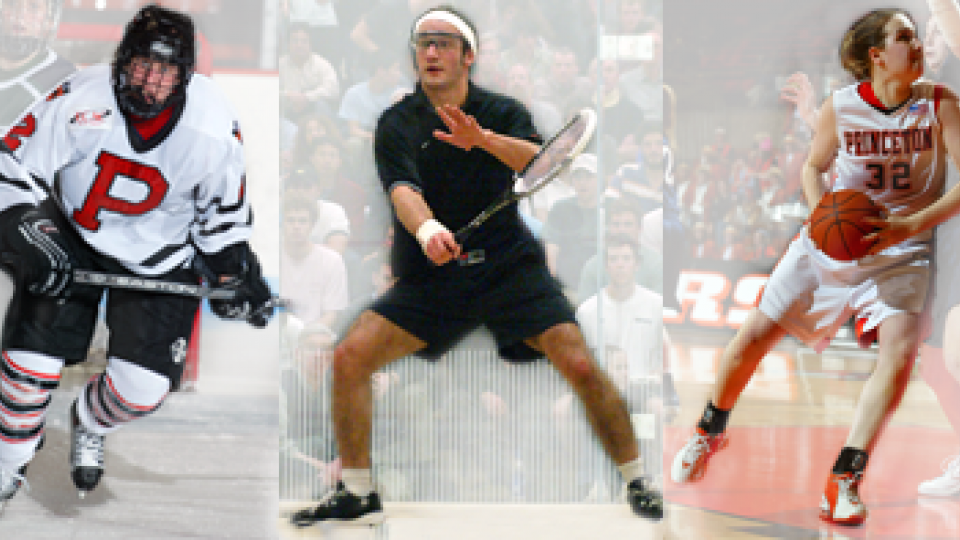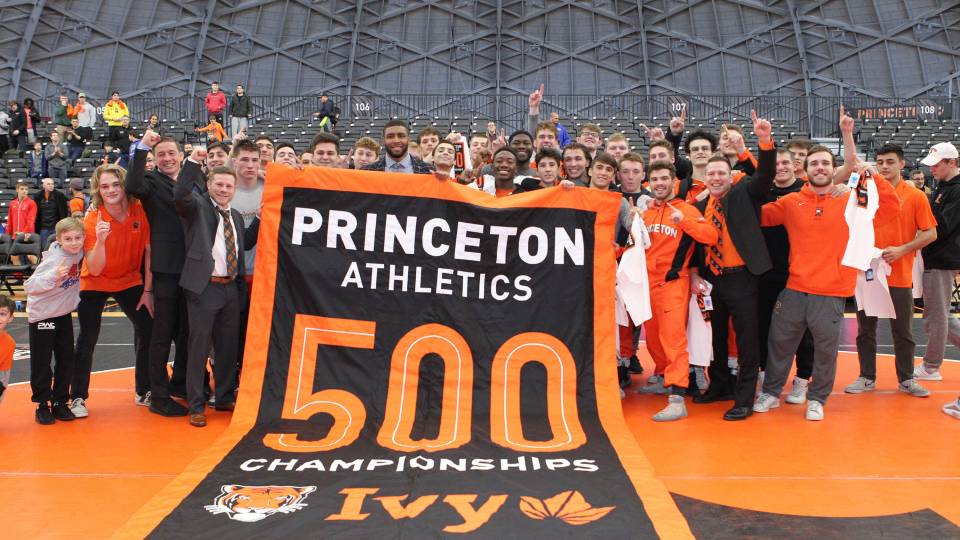The Ivy League presidents have modified rules on off-season athletic practices, allowing each student to determine how to allocate his or her time off from required or coach-supervised practices.
For many years, the league has limited the number and frequency of off-season practices and conditioning activities. Last June, the Council of Ivy Group Presidents approved an additional requirement of at least 49 off-season days, scheduled in blocks of at least seven consecutive days, with no mandated or coach-supervised activities. The council voted on Tuesday, June 17, to eliminate the consecutive-day requirement.
"This is an excellent outcome and a significant improvement over the plan that was adopted last year," said Princeton President Shirley M. Tilghman. "It reflects extensive conversations this spring with student athletes, coaches and others, and it respects the different circumstances of different institutions and different sports. At the same time, it continues to express the league's commitment to ensuring that athletes have the time to achieve their academic goals and participate broadly in the extracurricular life of the campus."
The change will permit scheduling off days during competitive seasons, in addition to those already required by NCAA rules, although most are expected to fall in the off season. The consecutive-day requirement will remain intact only preceding off-season examination periods.
"The Ivy League sponsors more men's and women's sports than any other collegiate conference. In accepting this recommendation from the Ivy Athletic Directors and Policy Committee, with the endorsement of Ivy League student-athlete groups, we have taken another step in assuring that Ivy athletes have adequate time not merely for their academic pursuits and for sports, but for other co-curricular and personal activities as well," the council's outgoing and incoming chairs, Presidents Hunter R. Rawlings III of Cornell and James Wright of Dartmouth, said in a statement.
In addition to the modifications to students' time commitments, the council voted to increase the minimum qualifications for admission to any Ivy institution, as measured by secondary school rank and standardized test scores, for applicants who are recruited as potential intercollegiate athletes.
Also, for the first time, a limit will be placed on the number of students who are recruited as athletes that each Ivy institution may enroll, in any four-year period, in the 33 sports that compete for Ivy League championships. This limit will vary for each school depending on which sports it offers, but is not expected to affect Princeton.
A news release is available on the official Ivy League athletics Web site.
Contact: Lauren Robinson-Brown (609) 258-3601


